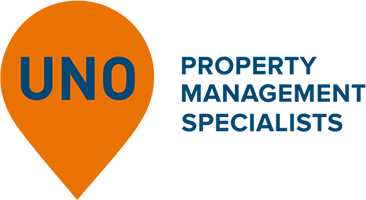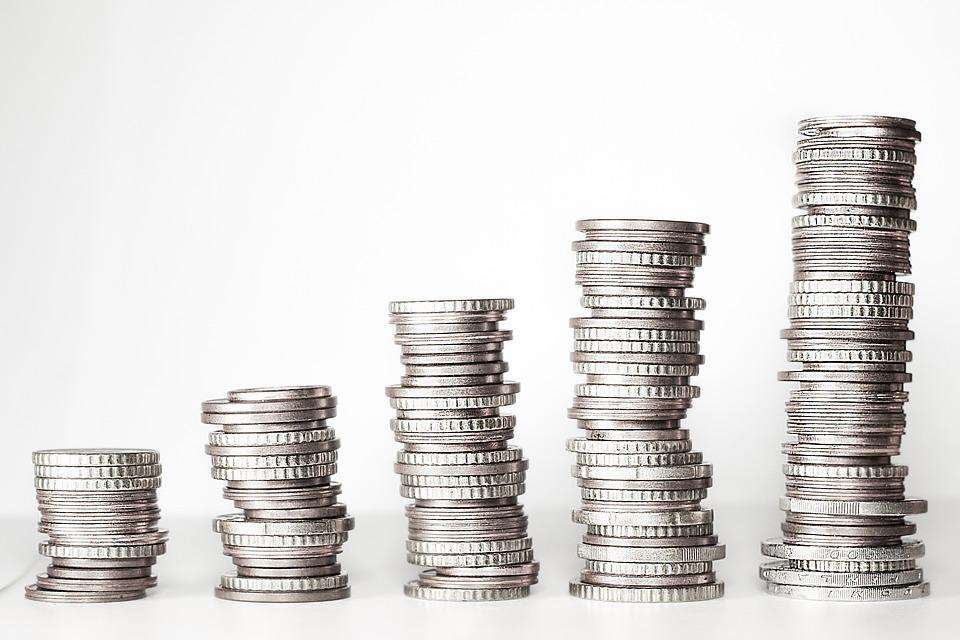Why do people invest in properties? What is the end game here?
A popular answer would be the financial freedom to enable you to escape the 9 to 5 rat race.
But what does financial freedom even mean?
A lot of people would tell you that it means having enough money coming in to cover your expenses whether you work or not; what some people refer to as “passive income”.

Then the question becomes, what expenses do I need to cover with this “passive income”?
To answer that question, one would have to think about what kind of life one wants to live:
- Who else do I need to provide for? Children, education, parents?
- Where do I want to live?
- What kind of home do I want to live in?
- What interests or hobbies do I want to spend my time doing?
- What lifestyle assets do I want to own: cars, boats, holiday homes etc?
- What kind of experience do I want to have?
- What do you want to do with your life when you no longer need to work for $$?
After evaluating these bigger questions, you come up with a number, i.e. the amount you need to have whether you work or not. Let’s say that is $100,000 per year.

There are bigger questions about life that we do not tend to “have the time” to think about. However, answering these questions will provide such clarity to your day to day decisions and give yourself a clear sense of direction.
I personally adopt a ritual of doing an annual personal review and goal setting every December to set up for the new year. I review how I have done against my goals for the year and set up new goals for next year covering areas of finance and investment, health, family and personal interests. I think this is the best thing I have ever done in recent years, which has provided tremendous clarity and momentum for both my personal and business life. I will write more on this subject at the end of November and I will be inviting you to join me on this highly effective personal planning practice. It is usually out of these planning sessions I answer questions that I listed above and create action plans to hit my next milestone taking one step closer to realize my goals.

Coming back to property investing. It is not the number of properties that you should be concerned about, it is how much passive income can I get from the properties that is important. More specifically you should be asking yourself this question:
What value of net assets $X do I need to create this income? (e.g. $100,000)

Lets work it out based on some broad assumptions:
- Rental gross yield is 4%
- Average price of investment properties in Auckland $800,000
- Council rates, property management fees, repair and maintenance roughly $8,000
The above numbers give you a net yield of 3%=4%-($8,000/$800,000)*100
$X=$100,000 / 3% = $3,333,333 net equity.
Based on average property value of $800,000 that is 4.16 properties mortgage free. Or 8.3 properties with 50% LVR.
This is obviously a very simplistic calculation without taking into consideration any capital gain and market conditions etc. But it is a good starting point.
In my next blog, I will talk about why I think property is the best vehicle to financial freedom.





